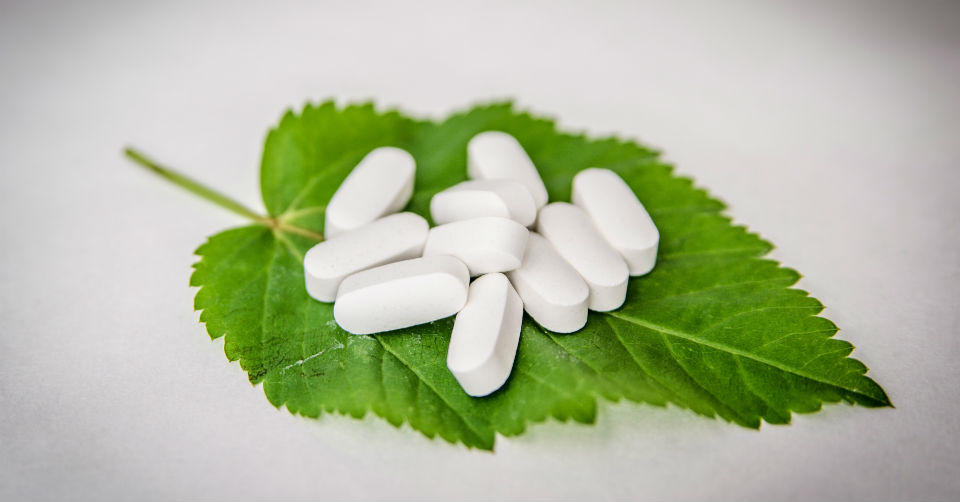An increased risk for adverse COVID-19 outcomes has generated new guidelines for those people that are prescribed and use opioids, smoke tobacco or marijuana, vape, or have substance use disorder (SUD).
Because of direct challenges to respiratory health, individuals with SUD may be particularly susceptible to infection by the virus that causes COVID-19 and associated complications, resulting in adverse COVID-19 outcomes.
Adverse COVID-19 Outcomes
According to a recent report by Nora D. Volkow, MD, published in the Annals of Internal Medicine, the risk for severe COVID-19 and death escalates among those who are immunocompromised, a weakened immune system, or have underlying health conditions, including cancer, diabetes, and heart and respiratory diseases.
Smoking may also increase risk for death and illness among smokers — tobacco or cannabis.
Moreover, data from the Chinese Center for Disease Control and Prevention have suggested that COVID-19 has a case fatality rate of 6.3 percent for individuals with chronic respiratory disease, compared with 2.3 percent overall.
The National Institute of Allergy and Infectious Diseases advise the following:
“Comorbid chronic obstructive pulmonary disease, cardiovascular disease, and other respiratory diseases, which are more frequent among chronic smokers and persons with other SUDs, have been shown to worsen prognosis with other coronaviruses, including those causing severe acute respiratory syndrome and Middle East respiratory syndrome.”
Opioid Users Susceptible
Compromised lung function from COVID-19 could also put at risk those who have opioid use disorder (OUD) or methamphetamine and other psychostimulant use disorders.
Those who use opioids therapeutically have an increased risk for adverse COVID-19 outcomes, as well — that is, chronic respiratory disease increases the risk for fatal overdoses in these people.
In addition, slowed breathing due to opioids causes hypoxemia, which can lead to pulmonary, cardiac, and brain complications…and, if severe, can result in overdoses and death.
Currently, at minimum, two million persons in the United States have OUD. Furthermore, more than 10 million misuse opioids. These persons may be at increased risk for the most adverse COVID-19 outcomes.
Dr. Volkow notes,
“Persons with SUD are already marginalized and underserved by health care services, largely because of stigma. Much of this stigma is based on the erroneous but persistent belief — widespread even among health care workers — that addiction is the result of weak character and poor choices, whereas science has clearly shown it to be a disorder arising from alterations in brain circuitry.”
Persons with OUD may face challenges obtaining medications for OUD. It’s been reported that social distancing will increase the likelihood of opioid overdoses happening when there’s noone who can administer naloxone to reverse them…making circumstances for those who overdose more likely to become fatalities…another example of adverse COVID-19 outcomes.
In response to these challenges, the Substance Abuse and Mental Health Services Administration has advised opioid treatment programs to provide take-home medication more flexibly during the pandemic and the Drug Enforcement Administration has issued guidance to facilitate controlled substance prescribing.
Alternatives
Many people who are stressed and isolated during this pandemic — frequently turn to substances to alleviate their negative feelings. Those in substance abuse recovery will face stresses and heightened urges to use substances. These individuals will be at a greatly increased risk of adverse COVID-19 outcomes — that is, relapse.
Having to stay isolated is daunting for those in recovery. They have limited or no access to meetings of peer-support groups or other sources of social connection. Family members, peers, and addiction treatment providers should be alert to this possibility.
In addition, clinicians should monitor for signs of substance misuse or use disorders in their patients, given the unprecedented fears, stresses, or in some cases even grief they may be confronting.
It can be expected that individuals who smoke, vape, or use certain drugs will be at increased risk for infection and its more severe consequences. Social distancing and the strained health care systems will cause everyone to face up to unique challenges to those with SUD and help in reducing adverse COVID-19 outcomes.
This pandemic crisis will also force the researchers, policymakers, and health care systems, to find new ways of meeting the treatment and recovery needs.